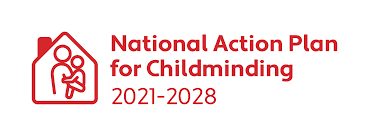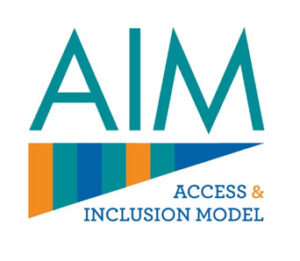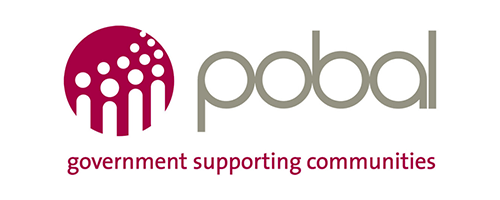Informal Consultation
If you are concerned about the safety and/or welfare of a child, but unsure whether you should report it to Tusla, you may find it useful to contact Tusla to informally discuss your concern.
You may contact the Tusla Social Work Department at the Tusla Dedicated Contact Point for the area where the child lives https://www.tusla.ie/get-in-touch/duty-social-work-teams/
Informal consultation with the Tusla Social Worker provides an opportunity to discuss the query in general and to decide whether a formal report is warranted. Where the advice from Tusla is that a report is warranted, your organisation’s Safeguarding Policy must direct that reports should be made and all relevant information provided.
When seeking advice, the consulting party needs to state explicitly that they are not making a report – that they are giving details of a concern, but no identifying information in relation to a child or family.
- For all Reporters; Children First National Guidance directs that Tusla can provide advice about whether or not to report a concern under “reasonable grounds for concern” (a non-mandated report).
- For Mandated Persons; The Children First: National Guidance for the Protection and Welfare of Children also directs that Tusla can provide advice about whether a concern reaches the threshold for “harm” for making a mandated report, as defined in the Children First Act, 2015. Ultimately, it is the decision of the individual mandated person whether they make the report as a mandated report under the Children First Act, 2015, or as a non-mandated report under Children First: National Guidance for the Protection and Welfare of Children
Points to Note
- If in doubt – check it out
- It is not necessary for the caller to provide identifying detail. However you may be encouraged to do so dependent on the nature of the concern and/or the immediacy of the response required to ensure that children are kept safe from harm.
- Children First: National Guidance for the Protection and Welfare of Children directs that Tusla can provide advice about whether a concern reaches the threshold for harm for making a mandated report, as defined in the Children First Act, 2015. The Children First National Guidance also directs that Tusla can provide advice about whether or not to report a concern under reasonable grounds of concern (a non-mandated report). Both of these advice functions are often referred to as ‘informal consultation’.
- If you think a child is immediate danger and you cannot contact Tusla, you should contact An Garda Síochána without delay
- Where possible, written reports should be submitted through the Tusla Web Portal https://www.tusla.ie/children-first/web-portal/







